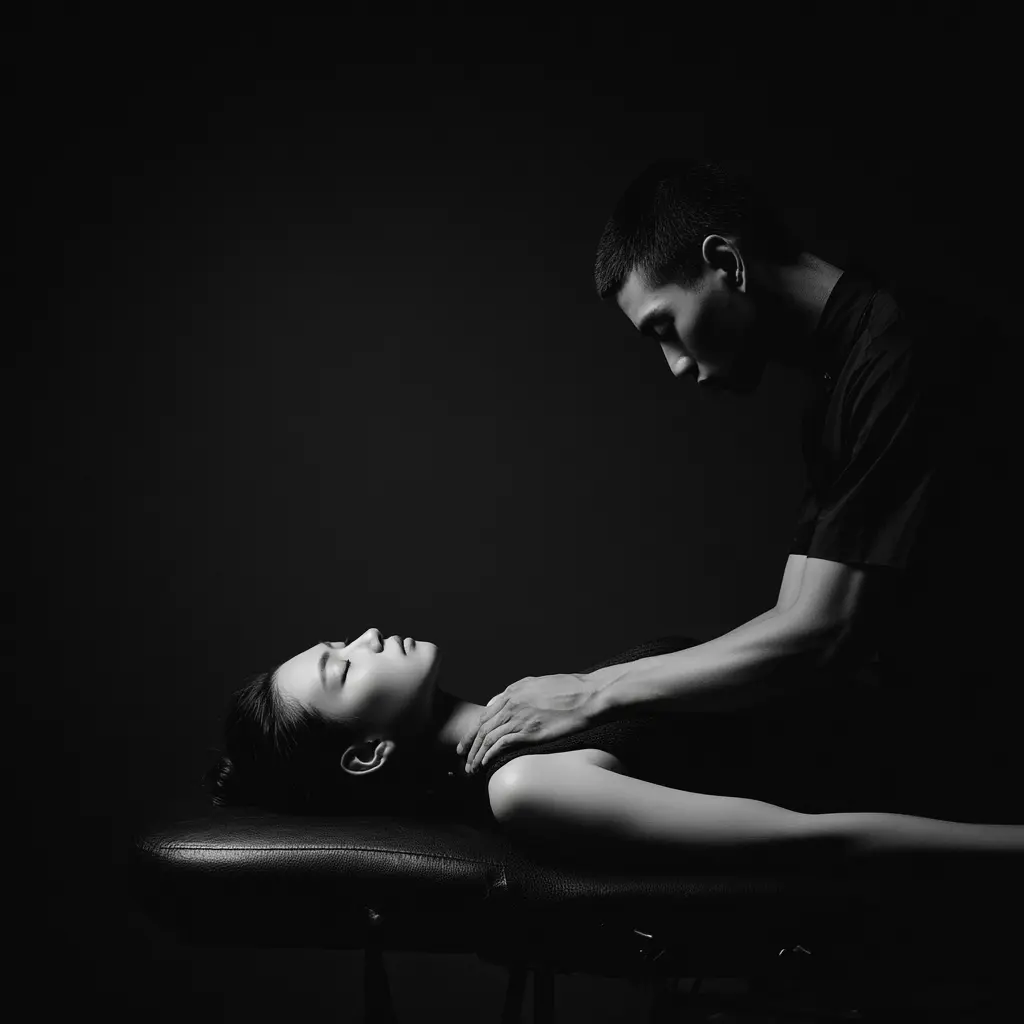
TMJ
TMJ treatment in Central Hong Kong for jaw pain, clicking, tightness, and tension headaches. We assess jaw function and surrounding muscles to reduce strain and improve daily comfort.
TMJ Disorder Treatment in Central, Hong Kong
On-Site Visit
What Causes
TMJ
?
Habitual clenching—especially at night—overworks the jaw muscles and joints, leading to pain and stiffness.
Poor alignment in the neck and upper spine can change how the jaw sits and moves, adding extra strain to the TMJ.
Past dental work, impacts, or whiplash injuries can alter jaw mechanics and create long-term compensation patterns.
Past dental work, impacts, or whiplash injuries can alter jaw mechanics and create long-term compensation patterns.
Common Symptoms of
TMJ
?
Symptoms

How We Take Care Of You
We begin by understanding when your jaw symptoms started, what aggravates them, and how stress, sleep, and posture fit into the picture. This helps us see TMJ issues in the context of your whole body.

How We Take Care Of You
Your chiropractor examines neck alignment, upper back motion, and jaw movement patterns. Nervous system scans may be used to identify areas of heightened tension or imbalance.

How We Take Care Of You
Care focuses on gentle chiropractic adjustments to improve neck and upper spine mechanics, which can influence how the jaw functions. We also share practical strategies—posture cues, relaxation habits, and awareness of clenching—to reduce ongoing strain.

How We Take Care Of You
We track changes in jaw comfort, range of motion, and accompanying symptoms like headaches. When needed, we’re happy to collaborate with your dentist or other providers as part of a team approach.
Explore a Whole-Body Approach to Jaw Tension
Tell us what your jaw is doing—clicking, locking, aching—and we’ll help you decide if an ATLAS assessment could be part of your solution.
Contact Us


